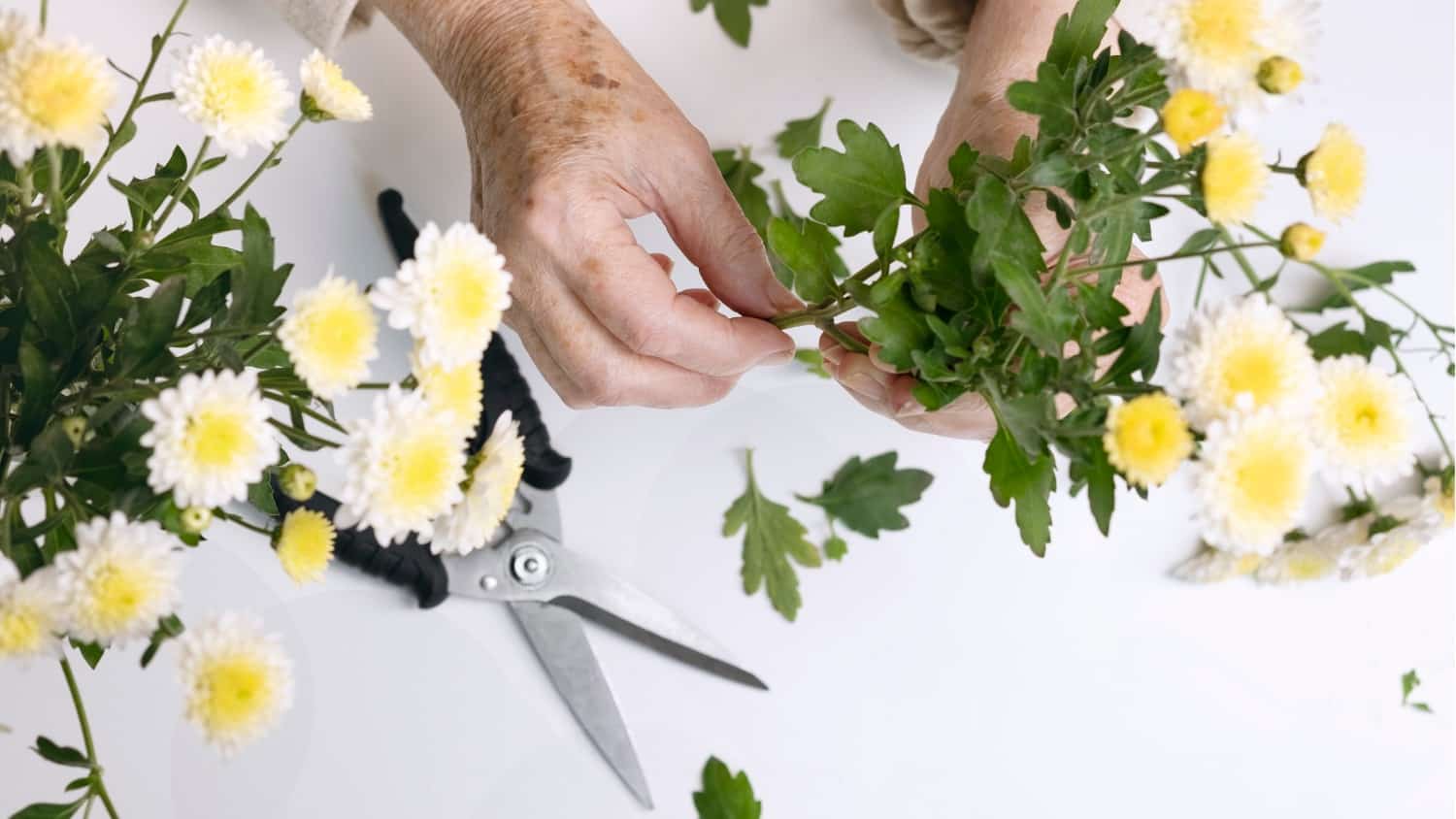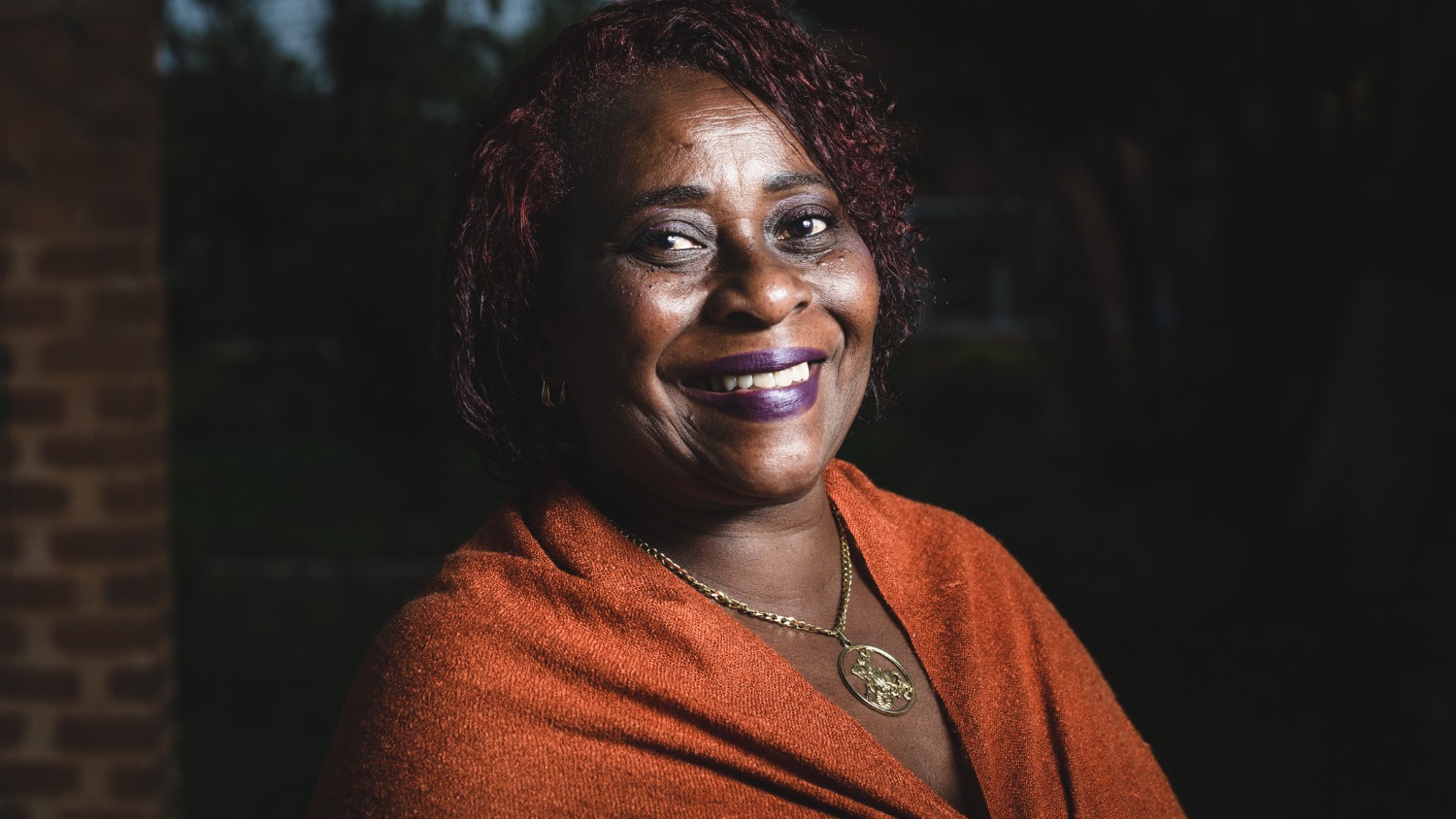
We’ve Known Success, Now Let’s Test Our Weaknesses
After a lifetime of multiple careers, many of us worked with a high level of skill. Competence was necessary. Now, in retirement, how about indulging ourselves in hobbies, projects, or activities where we are less than competent?
By example, I have endeavored to take on a foreign language study. My conclusion is that I can now classify myself as a mediocre learner. Yes, I am really bad at it. The thing is, I love words and language in general. Learning the basics of another language is particularly intriguing for me.
After months of study and practice writing, reading, and speaking in another language, it has been tough – and slow – and disappointing. Still, I have come to the conclusion that it is o.k. to be a mediocre student and still love the study.
A Lifetime of Playing to Our Strengths
For many of us past age 60, we can click off our strengths in a heartbeat. After all, how many interviews have we sat through waiting for the question: “What are your strengths?”
So, when and where do we have an opportunity to pursue the stuff we love but in which we do not excel? This article by Lee Maxey of MindMax titled Focus on Your Strengths or Weaknesses? says that it depends. There are times in life to work on your strengths and other times to work on what you are not so good at.
Maxey refers to working on your left foot. I heard similar expressions while raising sports-minded children. Coaches would sometimes in practice instruct to ‘play to your left.’ That would assume the player is right-handed/footed and therefore the left foot or the left hand should be developed for dexterity, strength, or balance.
How Can ‘Playing to Our Left’ Benefit Senior Women?
We’ve retired from careers where we achieved success in a field that may not have been our passion. Now is as good a time as any to pursue those dormant interests. We may need to accept that passion for something doesn’t always indicate talent or competence in that something.
In addition to the absolute enjoyment of pursing a passion, you can find any number of studies that claim language learning and many other activities stave off the onset of various forms of dementia.
Other researchers aren’t so sure. Either way, no harm is done and there is an additional social interaction, even if it is online in most cases.
Who Says We Must ‘Be Good’ at Everything We Pursue?
There are days I ask myself whether my study is worthy of pursuit when my progress is minimal and my bruised ego must be soothed.
Which takes me to a larger question: Why do we feel we must be ‘good’ at everything? If I am an engineer designing a bridge, then yes, I must be good at what I do. People’s lives and taxpayer money depend on it.
Of the many jobs I did in several career fields, it was important that I had a high degree of competence and did my job well. In any career, it’s important to know that others value and recognize your strengths and you use them to contribute to the goals of your employer (even if that employer is you). And, if for nothing else, then to keep yourself employed.
Moving on to a time in life where we hopefully have the leisure to pursue activities purely for enjoyment can be fulfilling. That is, so long as we are able to break away from the “should” that plays around in our heads. I “should” be learning this faster. I “should” retain more. Or, I “should” be able to keep up with the online conversation.
In addition to the ‘shoulds’ we make assumptions that people who follow their passion are always proficient and successful in their creations. During a radio interview with NPR a few years ago, the Barefoot Contessa said when she has a failure with a dish, she throws it away. Who would have thought an acclaimed cook would have failures? But there it was.
Let’s Simply Enjoy Our Passions
So, I conclude that passion doesn’t always equal success, but why not follow it anyway? Because a flower dies, it’s not a reason to give up gardening. If the cat in your drawing resembles a mouse, throw it away and start anew.
In case your newfound knowledge of subject/verb agreement in a second language fails you in conversation, recognize it and try again. If this is what you love, do it anyway.
Let’s Have a Conversation:
Are you facing this learning dilemma? Does the opportunity to take an acting class or to get your hands covered in pottery clay bring a smile to your face? Do you think we can enjoy the pursuit and laugh at our failures?
Tags Inspiration







Funnily enough, just this morning I was well out of my comfort zone at Aqua Zumba when I couldn’t get a spot in my regular Aqua class.
I love dancing but I’m a terrible leftie when I comes to dance moves. I could have got all agitated but thought, this probably doing my lazy brain a world of good. I just went with the Latin vibes and enjoyed myself anyway.
Don’t be afraid to be a beginner! Kids aren’t. Great article!
I totally get it. Learning something new can be scary, but when I turned 60 it was game on. I can try new things and who cares if I fail. I have no one to impress nor do I have a deadline. As long as it puts a smile on my face.